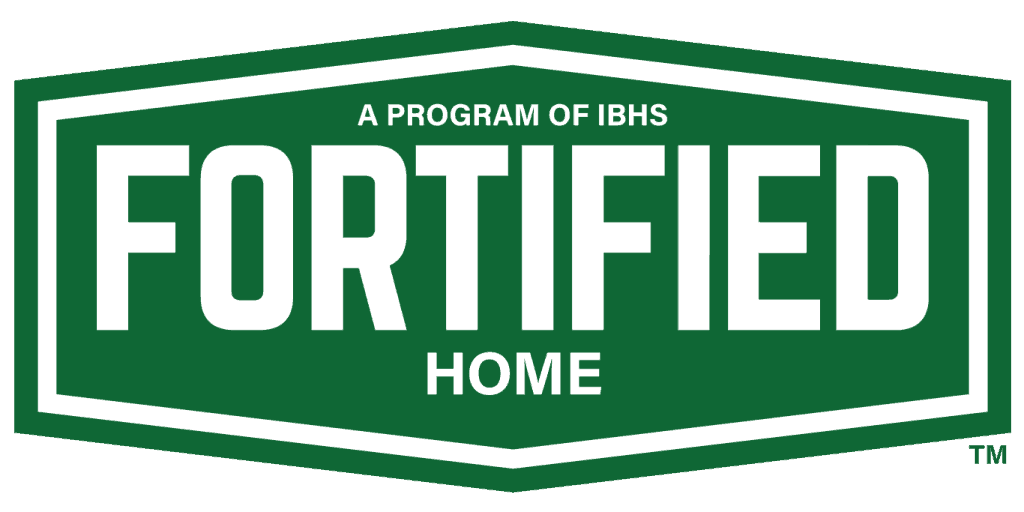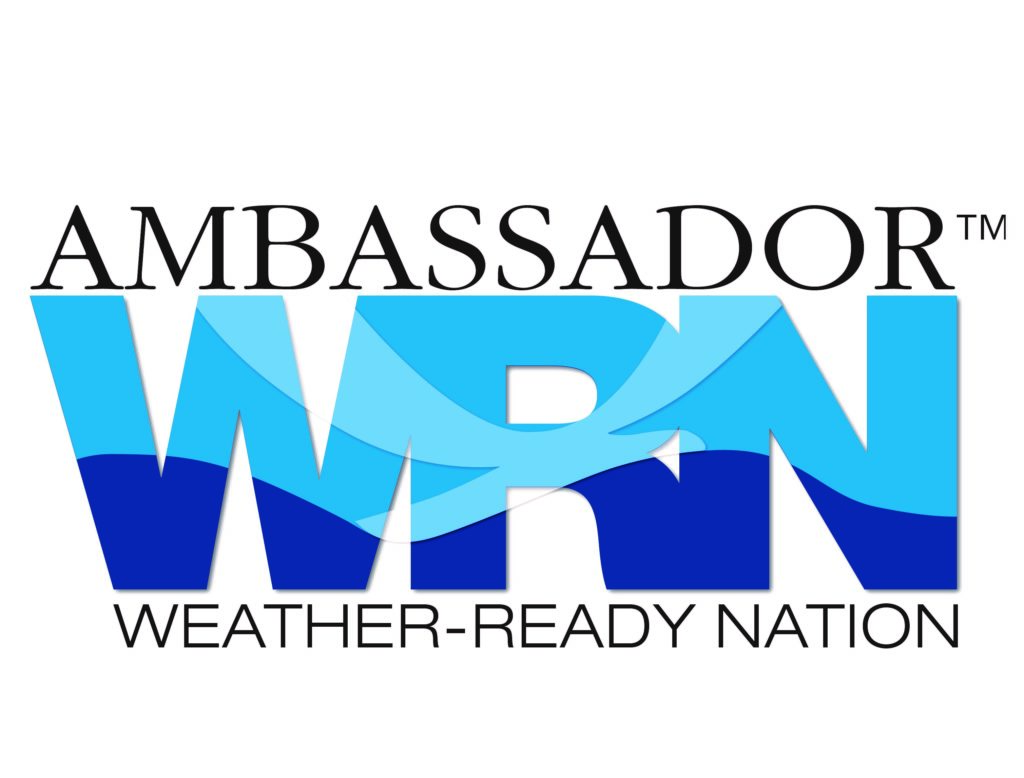The approaching danger presented by Hurricane Florence and the damage caused by Tropical Storm Gordon serve as reminders that September is the most active month for these kinds of powerful storms.
And yet, FEMA Administrator Brock Long has warned that the United States doesn’t have a “culture of preparedness,’’ even after being hammered in 2017 by Harvey, Irma and Maria, the first time three Category 4 hurricanes made landfall in U.S. territory on the same year.
Long said being ready for a disaster requires more than storing food, water and supplies – having money saved for an emergency is vital, too – but those preventive measures can have a major impact, possibly meaning the difference between life and death.
With hurricanes currently approaching U.S. land from both the Atlantic and Pacific oceans, here are several steps residents can take to protect themselves. The information comes from a variety of sources, including the American Red Cross, the National Hurricane Center, Ready.gov and weather.gov:
• Put together an emergency kit: This is the first recommendation of the Red Cross, which lists some of the top essentials as water (a gallon per person per day for a minimum of three days), non-perishable food (also at least three days’ worth), medications and medical supplies, flashlights, extra batteries, a first-aid kit and a portable radio.
Personal documents, cell phones with chargers, a can opener and at least one change of clothes also make the list. These necessities can all be assembled well before a hurricane hits.
Also make sure the car’s in working order and with a full tank of gas, the cell phones are charged and the drug prescriptions have been filled.
Keep important documents in a safe, accessible place, with copies of files loaded into a flash drive or into password-protected storage. Consider taking cellphone photos of key documents.
• Board up all windows: Storm shutters provide the best protection, but a solid and less expensive alternative is attaching cut-to-fit plywood over the windows. Don’t fall for the myth that taping windows will protect the glass, as more than half of Americans believe, according to the Federal Alliance for Safe Homes. That may offer some peace of mind but little else.
Secure doors as well, especially garage doors, which tend to be the most vulnerable.
• Bring in untethered items: Patio furniture and other loose items can become projectiles in strong winds. They should be stored inside. If it’s not safe to do so, as is the case with propane tanks, anchor them. Also, trim trees with branches that could damage the house, clean gutters and downspouts and move cars out of flood-prone areas.
• Have a plan: Be aware of your area’s evacuation route and the location of local shelters. Come up with an emergency plan – accounting for any pets – and share it with the rest of the household. Everyone in the family should know what to do and how to contact each other if they’re away from the house in an emergency. Also share the plan with a friend or relative away from the storm area.
Many shelters don’t accept animals, so people with pets and livestock should look into evacuating them ahead of time to a safe area.
• Be careful when using a portable generator: Though generators can keep the lights on and the refrigerator running during a power outage, they come with some inherent risks.
Generators should never be used indoors – not even in a garage or basement – and must be kept at least 30 feet from the house to prevent carbon monoxide poisoning, which can be lethal. And it’s not advisable to use a generator if the home has flooded, which increases the chances of electrocution.
In addition, experts say the safest and most efficient way to use a generator is to have a qualified electrician install a transfer switch to feed power into the house. Backfeeding, the practice of plugging the generator directly into the home’s power outlets, is illegal and dangerous.
• Know what to avoid: Don’t walk, drive or swim in flood waters if at all possible; they may be contaminated or hiding dangerous debris or a downed power line. Also stay away from beaches and riverbanks. If the power is out, rely on flashlights instead of candles for illumination.
• Follow instructions: Evacuate immediately if told to do so by authorities, who may also ask you to shut down your power and/or water. Keep track of local news. Alert family and friends of your situation and whereabouts.








